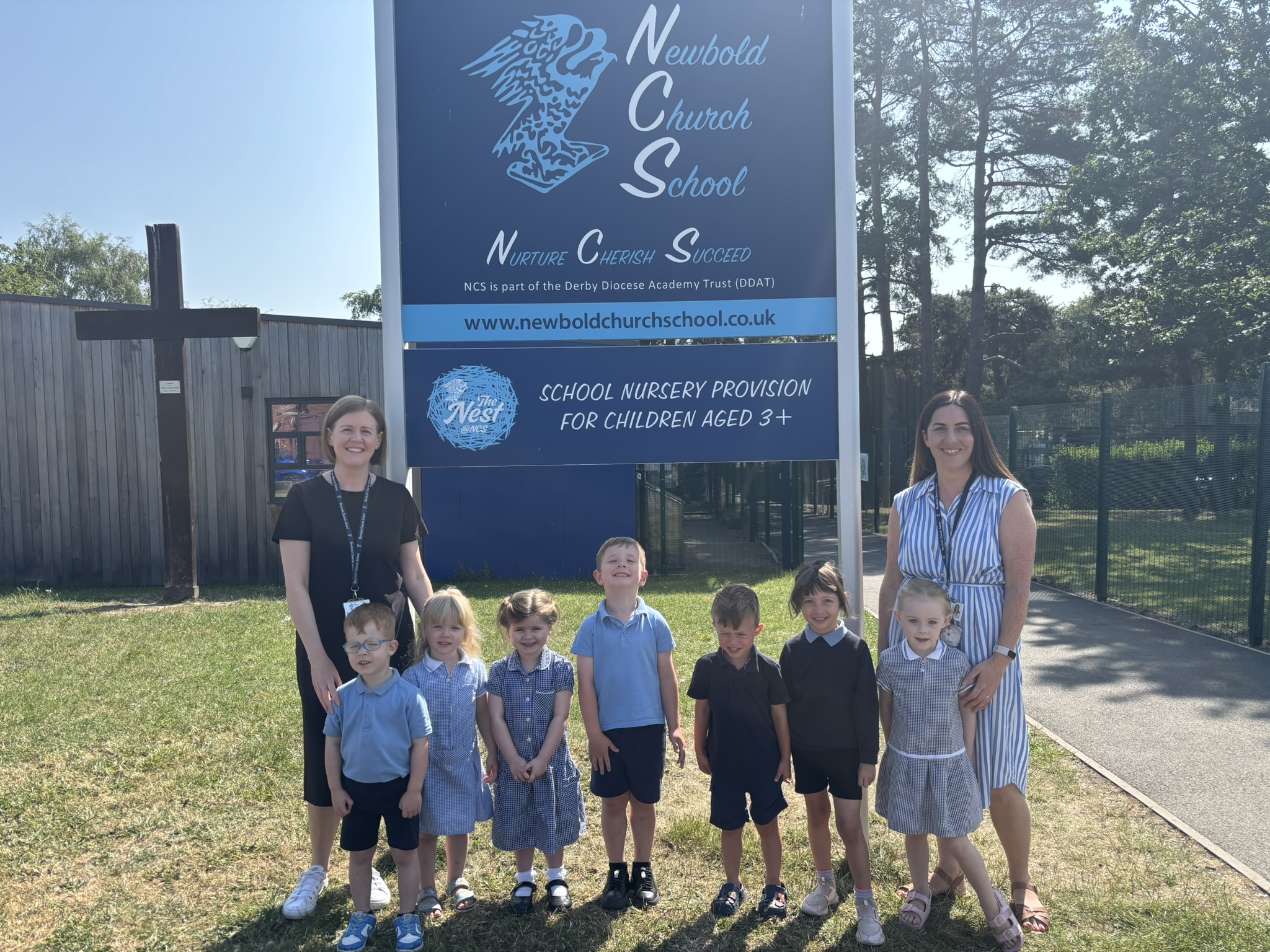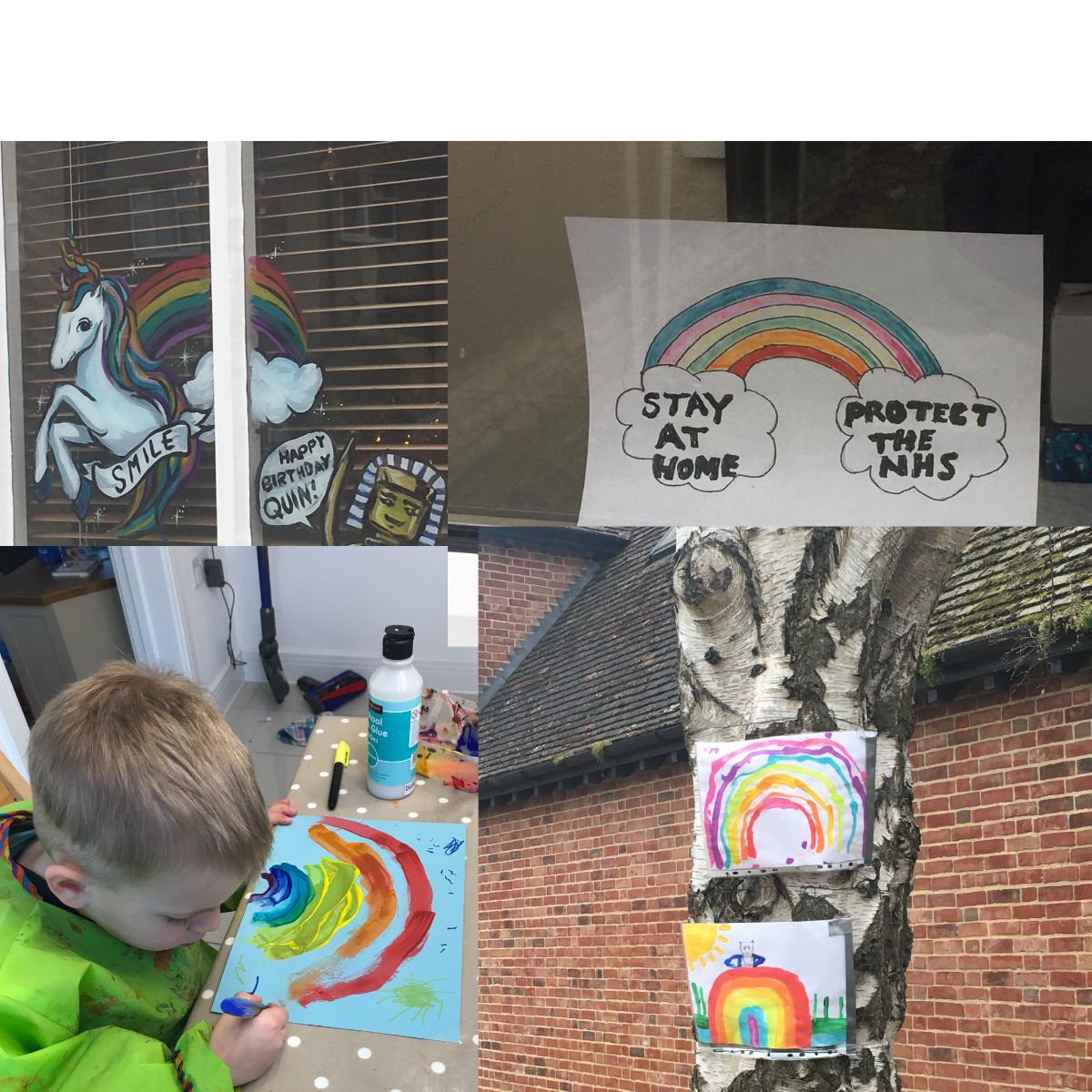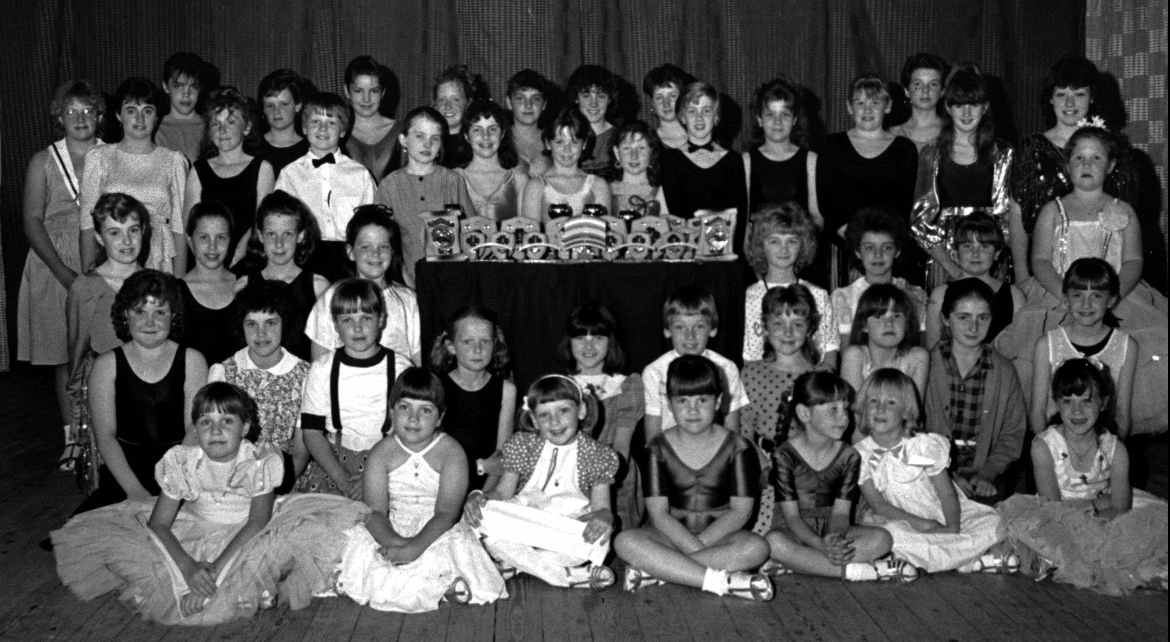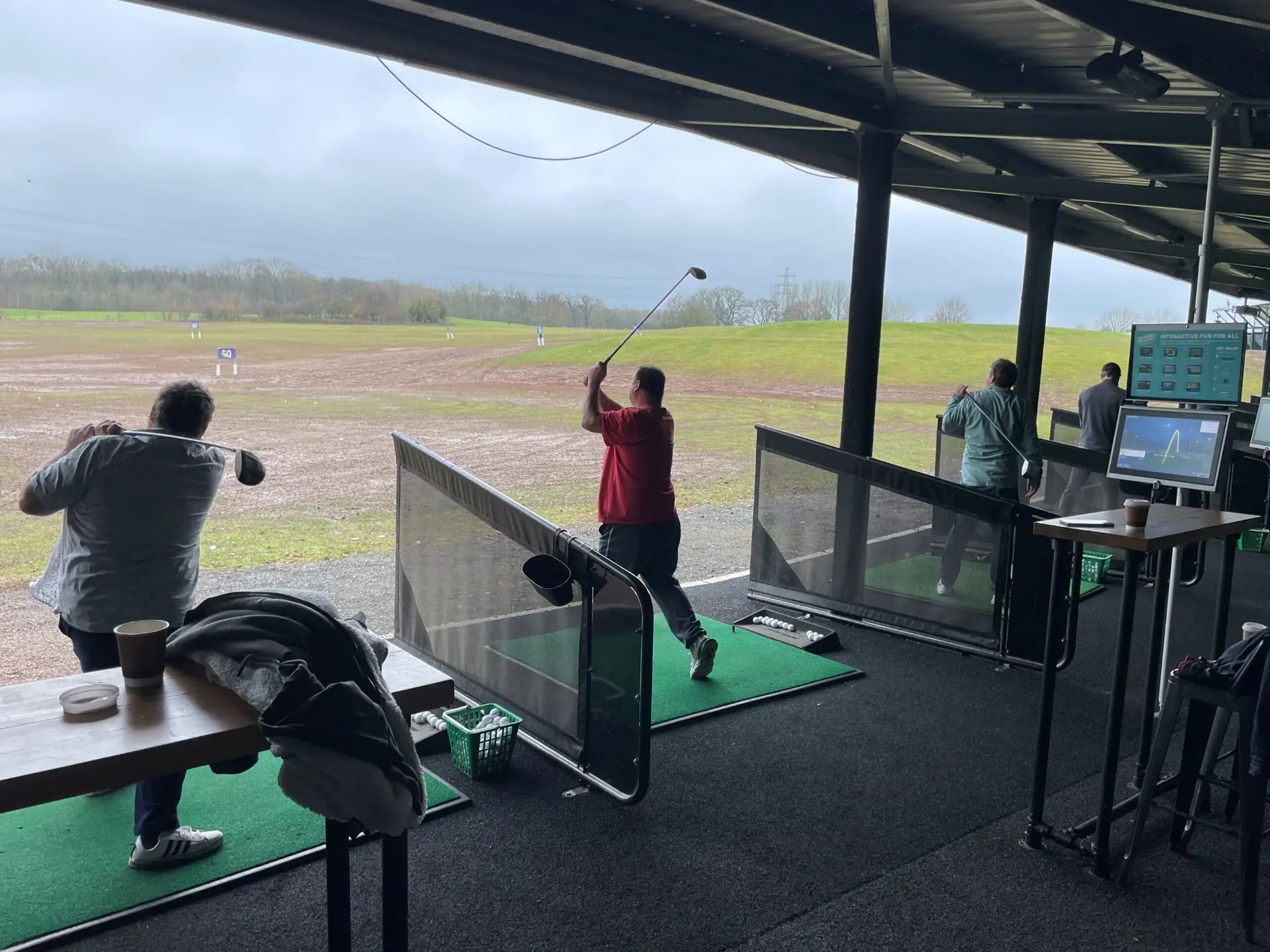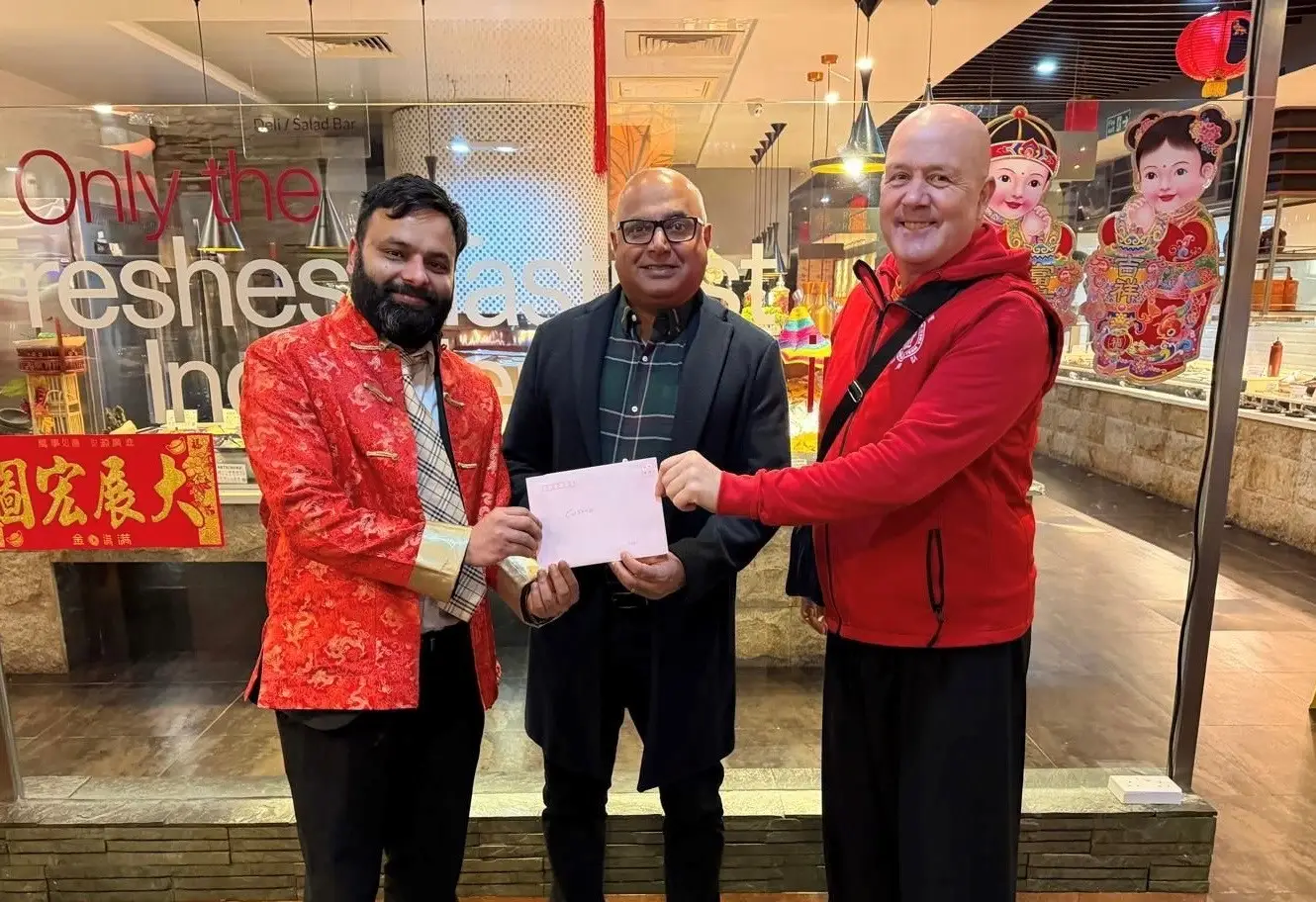Just when I was wondering what to write about for this week’s blog, up popped Rob Dawes, boss of Derby marketing agency Briight, sharing his thoughts on LinkedIn about how marketers sometimes need to rein themselves in, writes Simon Burch.
When working on a brand story of a piece of copy, says Rob, he has to force himself to resist the urge to be too grandiose or write something that makes up a sentence that only a marketer could be written.
That’s bad, because if it sounds good to a marketer, then experience tells him it doesn’t sound like something someone might actually say in conversation – which, as a result, makes it less engaging.

He then mentions David Garfinkel, who is a professional writer, an expert on telling other people how to write copy and someone who, I must confess, I’ve never heard of.
But no matter, because David is clearly onto something and, as someone who has written for a living for nearly 30 years, this sentiment has held true for every one of those one score and ten.
Well, nearly true. Because what he says certainly applies to the quotes we use in our stories to bring them to life, it doesn’t entirely apply to the words of the article themselves.
I didn’t do a journalism degree and I didn’t have a David Garfinkel-type figure in my background, but I did have the advice of senior reporters, news editors and sub-editors to help me learn the language of news.
Yes, it’s clearly English and it has its nouns, adjectives, verbs and whatnot, but it also has its own structures, lexicon and conventions, with esoteric phrases like launching a probe, or scooping a top prize, where schemes are axed or people don’t criticise stuff, they slam or blast.
Taken out of context, this stuff sounds ridiculous, but in context, while it still sounds cheesy, they have a role to play.
Many of these conventions owe their existence to the need for printed words to physically fit into the headlines and columns of newspapers – meaning they have to be short – to suit the reading ability of their target audience and the need to deliver engaging stories as quickly and as impactfully as possible.
They also have a house style, which ensures everyone writes their copy the same, in order to create a consistency of tone across the news platform.
But there is another role, in my opinion: the words that newswriters use and the way they use them are a cultural indicator which says that the game of news reporting is afoot. This prepares the consumer to open their eyes and ears and ready themselves for content that is factual, objective and designed to inform.
This means the news media is prime real estate for brands wanting to spread their message and it’s much better than advertising, since consumers tend to have an aversion to being sold to.
You might call this stealth marketing and you might be right, but even ninjas have to obey some rules and the biggest rule in PR is that if you want your content to act like news, then it has to look like news.
This is what David Garfinkel is saying, but with a PR twist: if you’ve written something that sounds great to a marketer but which a newsreader wouldn’t say on the news then it’s missed the mark and won’t ever get used.
A PR agency works by selling stories to the media for them to sell to their consumers. Traditionally, no money changes hands – although this is changing as the funding model of online journalism changes – but the value comes from the interest and relevance of our stories and whether or not they pass the “is this news?” test.
This test is the Darwinian survival of the fittest test that all of our stories or tip-offs or pitches have to go through. It’s brutal and the decision is taken instantly so to pass the test the story has to be relevant, timely and do everything else a news story has to do – like have a strong intro, make sense, follow an understandable narrative and have a strong image.
This is important, because although a journalist is a tough crowd, their readers are even tougher. They rely on their media platform to send them news it knows they like, and even then, they pick and choose.
At our most basic, this tends to gravitate towards stuff that will fulfil our primeval needs – looking out for danger, hunting for food or seeking a mate. Yes, it’s caveman stuff, but in fact it reflects the most popular content online.
While food and sex are self-explanatory, looking out for danger encompasses keeping an eye out for changes in our world which might affect us. Or, in other words, news.
I’ll stop the deep dive into human psychology here, but the message is clear: to be heard in the outside world you need to be able to provide content that people want to consume, which means engaging with people know what this is more than anyone else – journalists.
A good PR agency does this every day. They may not come talking to you about Darwinian struggles and cavemen, but there is a method in their madness – one of which is to think and write like the journalists they deal with, with all the nonsensical terminology makes up the language of news.


